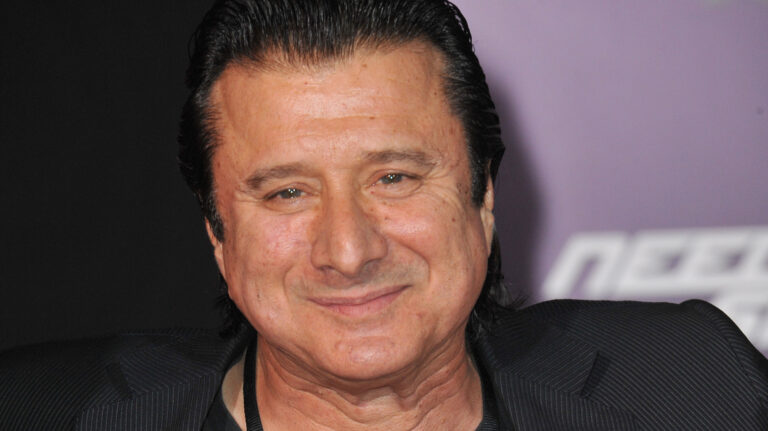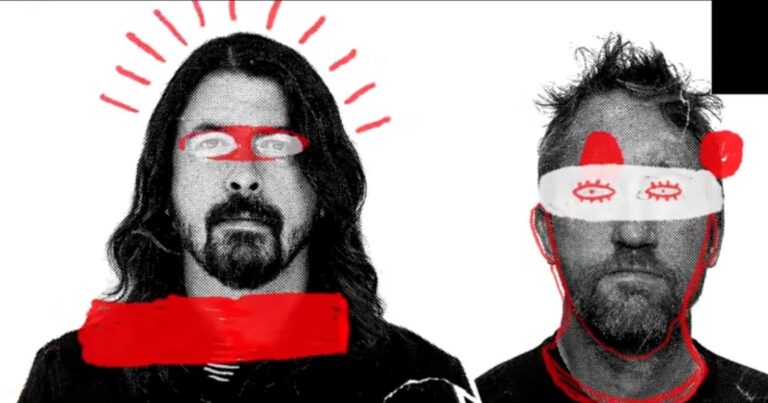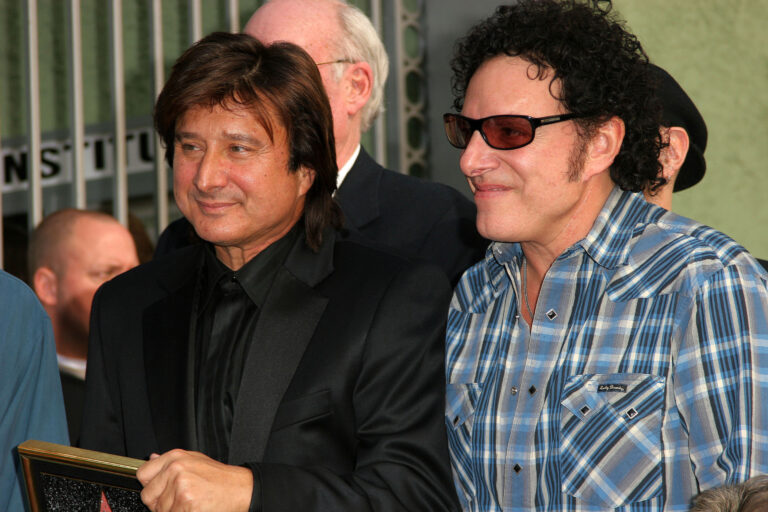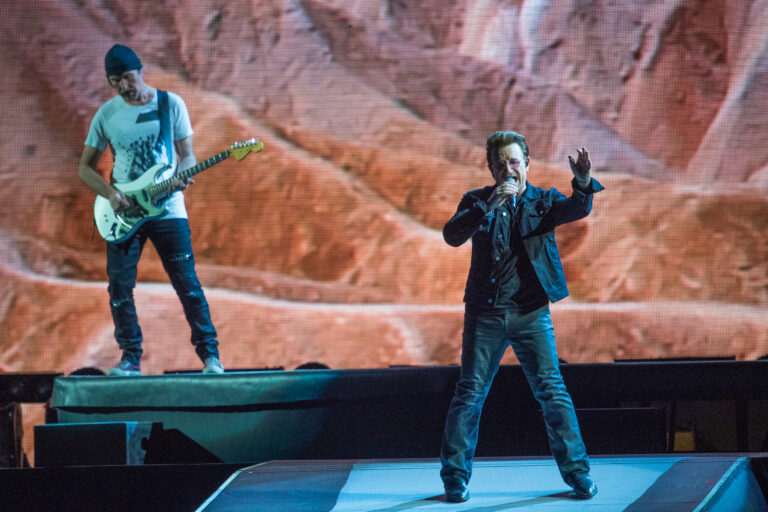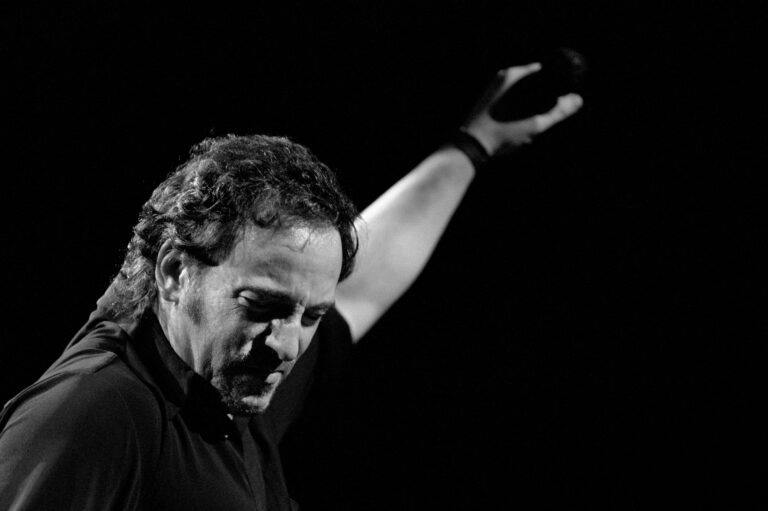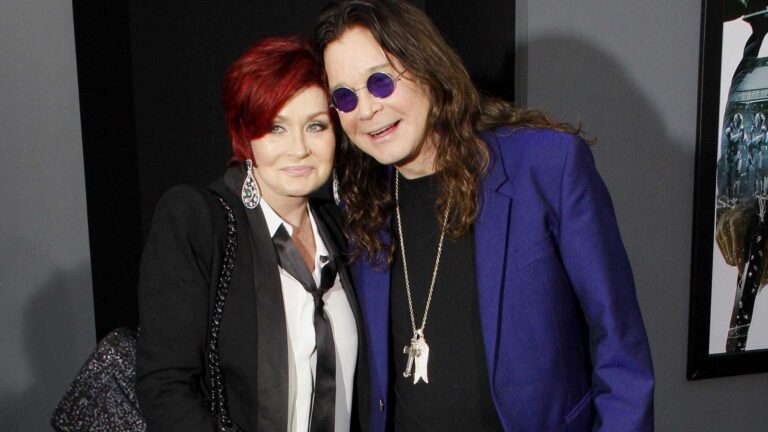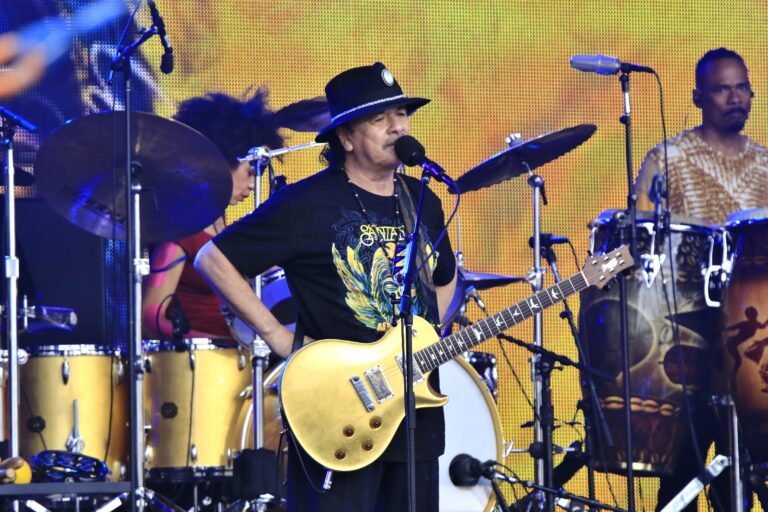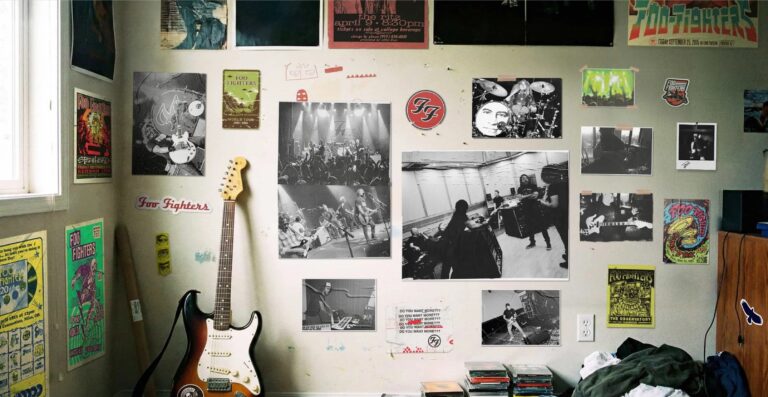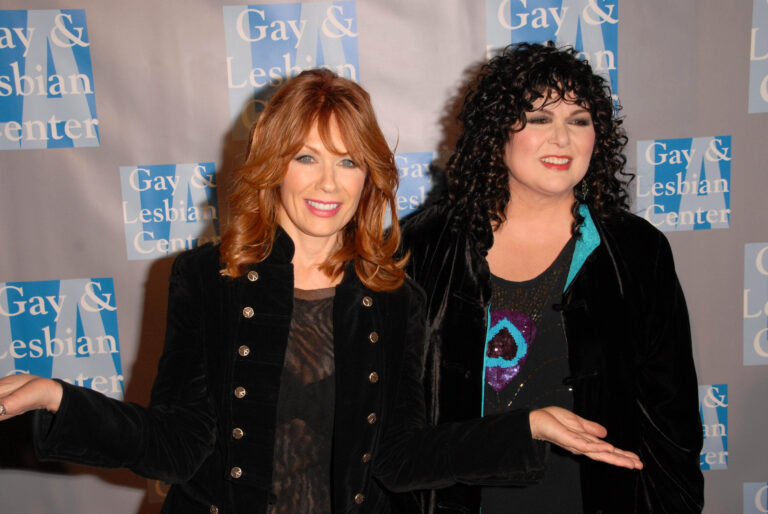
Billie Joe Shares Message Amid L.A. Protests
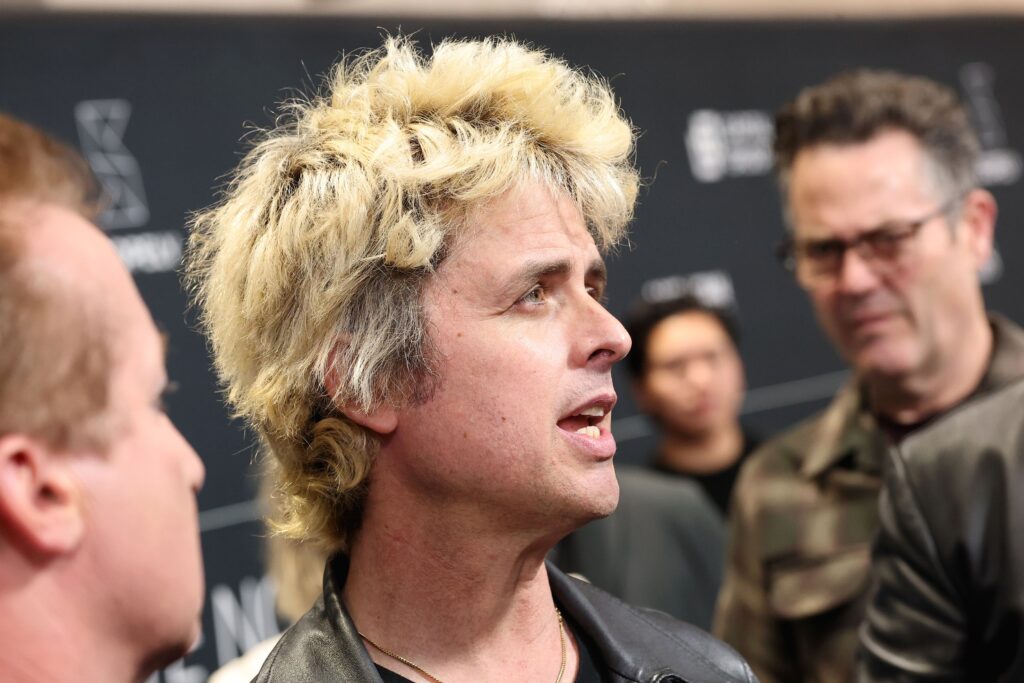
In recent developments, Billie Joe Armstrong, the iconic frontman of the legendary rock band Green Day, has voiced his support for protesters rallying against Immigration and Customs Enforcement (ICE) in Los Angeles. The protests were sparked by aggressive ICE raids across Southern California, which resulted in numerous individuals being detained as alleged undocumented immigrants. Armstrong took to social media to express his allegiance with the demonstrators, using a bold and explicit message to convey his disapproval of ICE's actions. In an Instagram post, Armstrong shared footage of the protests accompanied by Green Day's track, “Fuck Off,” a clear message of defiance towards ICE, paired with emojis such as a middle finger and an ice cube.
The ICE raids and the mobilization of the National Guard in Los Angeles have incited a public outcry. The situation escalated following the federal orders for the National Guard's deployment in L.A. without the approval of California Governor Gavin Newsom. Newsom has labeled this as a “serious breach of state sovereignty”, while L.A. Mayor Karen Bass described the events as having created “provoked chaos”. The sight of heavily armed military personnel in the streets of Los Angeles added a tangible tension to an already charged atmosphere, with peaceful protesters, journalists, and musicians facing confrontations.
As a musician known for his outspoken political views, Armstrong's response is consistent with Green Day's enduring tradition of critiquing authoritative figures and policies. This pattern is evident in their expansive discography, which critiques various social and political issues, from the Bush administration's policies in *American Idiot* to more contemporary issues like gun violence and authoritarianism. Armstrong's recent actions blend seamlessly into his history of using his platform to champion social justice, inspiring fans and fellow artists alike to raise their voices against perceived injustices.
The protests have seen participation from a wide array of voices, including notable musicians like Finneas, who reported being tear-gassed at a protest he described as “very peaceful”. This aggressive action against protestors and journalists has raised significant concerns about the methods used to manage civil demonstrations. In one instance, the scenes of a reporter being hit by a rubber bullet while covering the protests have circulated widely, emphasizing the intensity and risks involved in reporting such events.
Billie Joe Armstrong's message of solidarity with the LA protestors comes at a critical moment. As public figures continue to engage with political issues, their influence highlights the intersection of entertainment and activism. By openly challenging the ICE raids and the deployment of the National Guard, Armstrong reaffirms his commitment to advocating for marginalized communities and questioning governmental decisions that impact civil liberties.
This scenario illustrates the influential role artists can assume in societal discourse, particularly when government actions touch upon sensitive issues such as immigration and state sovereignty. Armstrong's actions not only underscore a personal commitment to justice but also serve as a call to action, encouraging others to reflect on and potentially challenge policies they deem unjust. Musicians like Armstrong wield their influence to spotlight issues that matter to both them and their audiences, potentially swaying public opinion and promoting change through their art and public statements.
Notably, the protests and the associated responses have once again thrust the debate over immigration policies and federal-state relations into the national spotlight. For many, the deployment of the National Guard without state consent has revived discussions on federal overreach and the delicate balance between national security and individual rights. As musicians continue to participate in these dialogues, it recalibrates the perception of their role from mere entertainers to significant cultural influencers advocating for societal changes. Through these actions, Armstrong and others contribute to an evolving narrative where music and political activism seamlessly blend, amplifying calls for justice and accountability.
Key Takeaways
-
www.billboard.com | The post by Billie Joe Armstrong came amid criticisms of ICE raids across Southern California, where dozens of individuals were detained.
-
www.billboard.com | California Governor Gavin Newsom described the deployment of the National Guard in LA without state approval as a 'serious breach of state sovereignty'.
-
www.billboard.com | L.A. Mayor Karen Bass termed the situation as 'provoked chaos' during a press conference addressing the ICE raids and National Guard's presence.
-
www.billboard.com | Finneas reported being tear-gassed at a peaceful protest in downtown LA, highlighting the tension and responses to the protestors.
-
www.billboard.com | Billie Joe Armstrong has a history of integrating political commentary into his music, dating back to Green Day's 'American Idiot' album which contained anti-Bush sentiments.
Related Stories
Steve Perry Considers a Possible Journey Reunion in 2026
Steve Perry remains one of the most iconic voices in rock history and his legacy is inseparable from Journey’s most…

